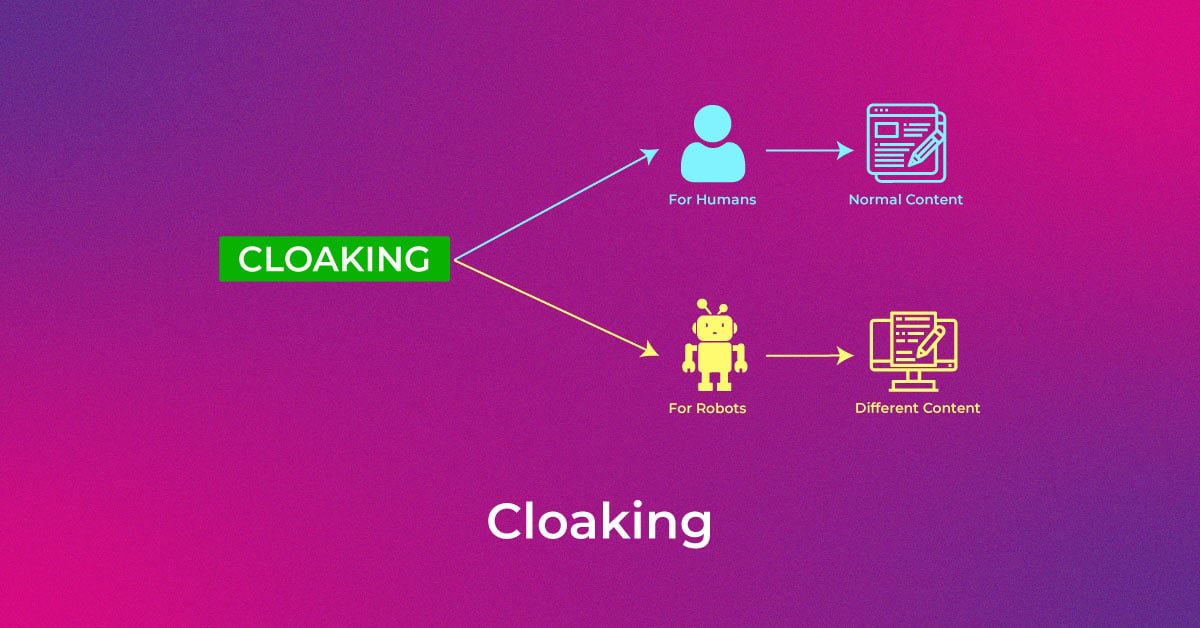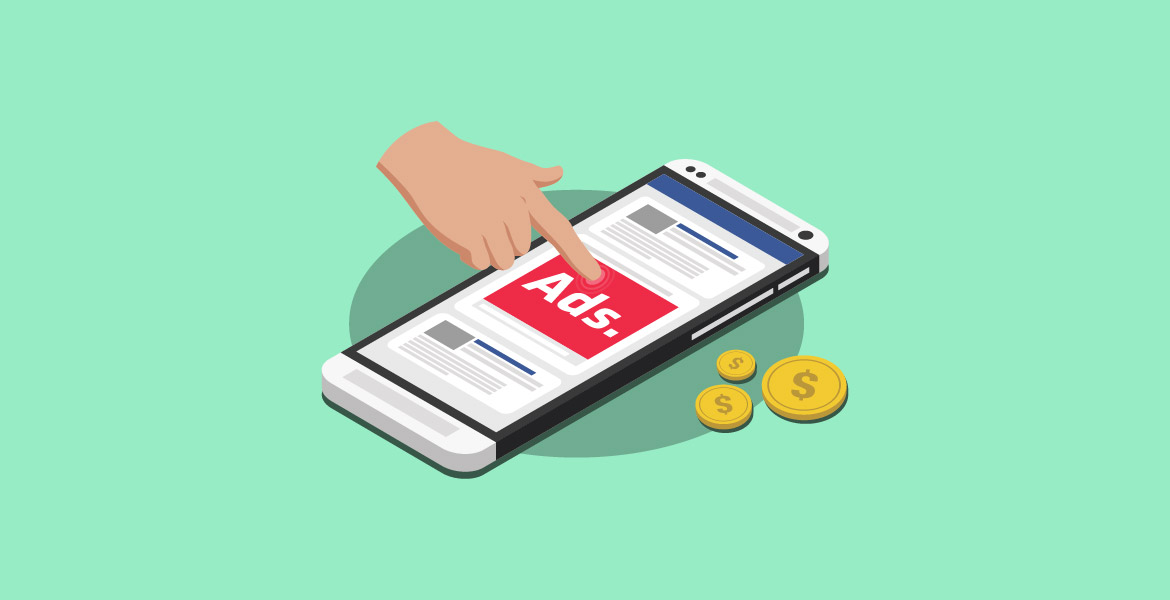Research shows that over 17% of marketers use PPC for lead generation. But did you know that many marketers use black hat techniques to steal traffic?
Blackhat PPC marketers know the rule of pay-per-click advertising but take shortcuts that aren’t in Google’s best practices. But Google and its diligent neural networks quickly identify and penalize these PPC strategies.
In this blog post, we’ll discuss blackhat PPC and the different black hat strategies to avoid to ensure you don’t experience a manual penalty.
Let’s get started!
What Is BlackHat PPC
BlackHat PPC refers to strategies that exploit vulnerabilities or manipulate PPC’s best practices to increase a site’s rank, attract quality traffic, or gain an unfair competitive edge. These tactics go against advertising ethicality and violate the terms of service of advertising platforms.
The word “blackhat” originates in Western cowboy movies where the bad guys worse blackhats and the good guys wore white ones. In the pay-per-click advertising sphere, this refers to unethical advertising strategies that can lead to penalties, bans, or legal consequences.
Blackhat PPC Tricks
Now that we’ve covered the basics, let’s explore several black hat PPC tricks to steer clear of:
Black Hat Method 1: Cloaking
As the name suggests, cloaking involves creating different versions of content to deceive search engine bots. For instance, black hat practitioners may display different content to search engines and viewers to drive traffic to a malicious or irrelevant website.
As a result, brands capture increased traffic to their pages or websites while putting the safety of the viewer at risk.
Black Hat Method 2: Domain Spoofing
Domain spoofing involves displaying a different URL in the ad before the customer than the actual destination. Therefore, black hat practitioners mislead users about where they reach upon clicking.
Generally, domain spoofing involves creating an online ad with a link that doesn’t match the final destination to mislead, deceive, or steal data from the viewers.
Black Hat Method 3: Adwords
Adwords black hat represents unethical PPC advertising strategies used on the Google Ads platform to manipulate ad campaigns. These include ad copy manipulation, where practitioners create misleading and deceptive copies to encourage clicks.
In addition, AdWords black hat tricks entail ad injection, involving incorporating ads into a website without appropriate authorization. Besides, black hat practitioners may inject ads without the website owner’s consent, resulting in a disruptive user experience.
Black Hat Method 4: Overused Anchor
Placing multiple ads with identical anchor text is another popularly used black hat trick. Most advertisers use high-converting keywords to manipulate search engine rankings and attract increased clicks.
However, due to unnatural linking, these do not provide value to the viewer.
Black Hat Method 5: Click Fraud
Black hat PPC practitioners may click on a competitor’s ad multiple times to deplete their budgets. Thus, by increasing the number of clicks, these advertisers artificially inflate their opposition costs.
Click fraud is a malicious practice rooted in fraudulent gain that can harm competitors and waste their resources.
Black Hat Method 6: Automated Bidding
Many black hat PPC practitioners use automated tools to artificially increase bids or clicks to dominate their competitors. So, these advertisers manipulate the bidding system to secure top ad placements.
Thus, through deceptive advertising techniques, these marketers showcase their ads on the Google search engine and attract more traffic.
Black Hat Method 7: Fake Landing Page
As the name suggests, this black hat technique involves creating landing pages that are irrelevant or different from the ad’s content. As a result, these mislead users into taking certain actions, such as downloading content, providing personal information, or opening a malicious email.
Besides, fake landing pages can involve offering false promises, such as freebies or discounts in exchange for sensitive data.
Is It Safe?
Despite what devout black hat advertisers will tell you, this is a 100% unsafe advertising strategy! In addition to being strongly discouraged, these malicious techniques can have severe legal repercussions, waste advertising platforms, and damage your brand’s reputation.
Here are several (obvious) reasons why black hat PPC is not safe:
- It Can Lead to Account Suspension- Advertising platforms, including Google and social networking apps, have stringent policies against fraudulent practices. So, if you’re caught using black hat advertising strategies, the platform will suspend your account.
- It Can Result in a Wasted Budget- Black hat techniques involve generating clicks from ingenuine users, which causes budget wastage and poor conversion rates.
- It Damages Your Ranking –Search engines like Google use complex algorithms to detect and penalize black hat practices, which can impact your organic search ranking. In addition, it can damage your ad performance.
- It Hurts Brand Reputation and Trust- Engaging in dishonest and malicious practices damages your brand’s reputation and causes a loss of trust. Moreover, viewers who experience misleading content will likely develop a negative perception of the business.
- It Can Lead to Legal Consequences- Many black hat PPC advertising strategies involve illegal activities that can result in legal actions against your business.
Key Takeaways: Black Hat Paid Advertising
Here’s a quick overview of what we learned today:
- Black hat PPC refers to unethical strategies that manipulate PPC advertising practices to gain an unfair advantage.
- Black hat in PPC violates advertising ethics and platform terms of service.
- These techniques include cloaking, click fraud, domain spoofing, AdWords tactics, overused anchor text, automated bidding manipulation, and fake landing pages.
- Contrary to popular belief, black hat PPC strategies are unsafe, unethical, and malicious.
The Final Words
The rewards of black hat PPC advertising are short-lived. In addition, these unethical, malicious, and deceptive practices make the internet worse and hurt ethical businesses.
But to do right, you must know how to do wrong, so advertisers must educate themselves on paid black hat advertising techniques. That way, you can steer clear of it, avoid hefty penalties, and ensure you don’t run into legal issues.
Keep the black hat paid advertising techniques discussed, including using misleading Adwords, click fraud, automated bidding, overused anchor, and domain spoofing, in mind. That way, you can avoid them at all costs and always seek ethical alternatives!





Pingback: How to Cloak Google and Facebook Ads for Gambling Advertising
Pingback: How to Cloak Google and Facebook Ads for Gambling Advertising - Wealth Ideas Forum
Pingback: BlackHat Advertising: Unlocking Growth Through Innovative Strategies
Pingback: How to Run Finance and Stock Investments Ads Online